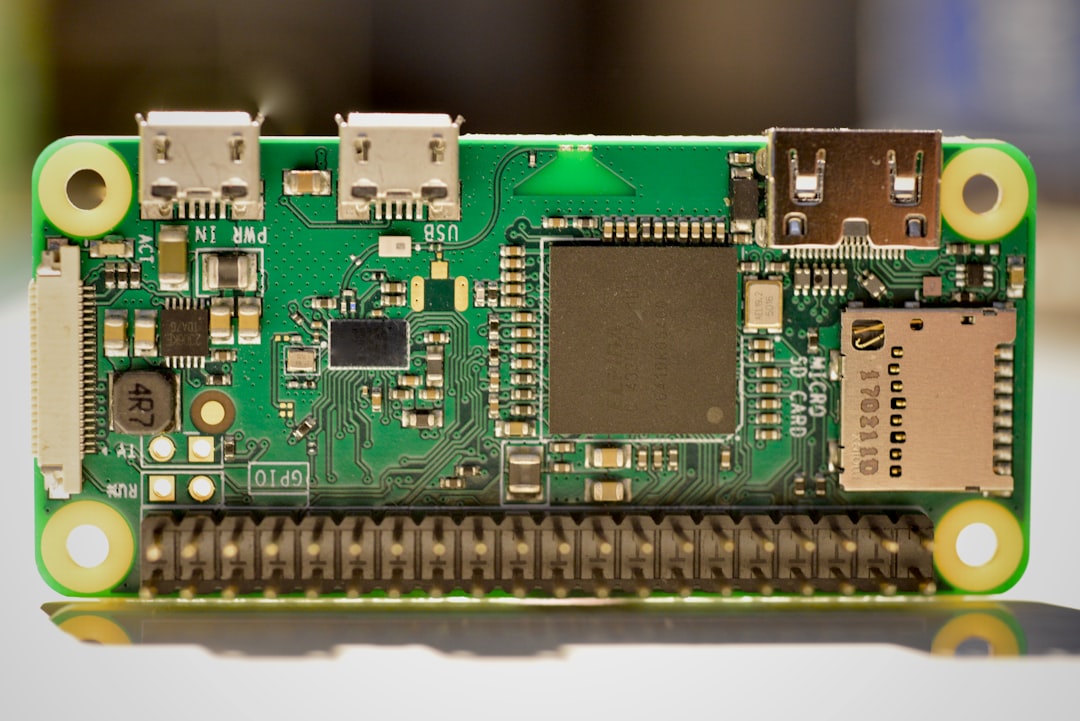Since its inception, the Internet of Things (IoT) has captivated the imaginations of both technologists and everyday users. With its revolutionary promise to seamlessly connect and interlink devices, IoT technology is transforming the way we live, work, and interact with the world around us.
IoT refers to the network of physical objects embedded with sensors, software, and connectivity, enabling them to collect and exchange data. From smart homes and wearable devices to industrial automation and smart cities, IoT has the potential to disrupt and optimize countless industries.
One area where IoT has already made significant strides is in the realm of smart homes. Connected devices such as thermostats, lighting systems, and security cameras can be controlled remotely through smartphones or voice assistants. This not only enhances convenience but also enables energy efficiency and cost savings by automatically adjusting settings based on occupancy and weather conditions. With the proliferation of IoT devices, homes have become smarter and more intuitive, turning science fiction into reality.
The impact of IoT extends far beyond our living spaces. In healthcare, for instance, IoT-enabled wearable devices are transforming the way we monitor and manage our health. From smartwatches tracking heart rate and sleep patterns to glucose monitors for diabetics, these devices collect valuable data that can be analyzed to detect health issues early on. This proactive approach to healthcare has the potential to improve patient outcomes and reduce healthcare costs.
But IoT doesn’t stop at individual devices or households. It has the power to transform entire cities into smart, connected ecosystems. Through the deployment of sensors and interconnected devices, cities can optimize waste management, enhance transportation systems, and improve public safety. For instance, smart traffic lights can dynamically adapt to traffic patterns, alleviating congestion and reducing commute times. Additionally, connected surveillance cameras can aid law enforcement in detecting and mitigating crimes, creating safer urban environments.
However, the rapid proliferation of IoT technology raises concerns about data privacy and security. With billions of devices collecting and transmitting data, ensuring the protection of sensitive information becomes paramount. As IoT systems become more complex, vulnerabilities can arise, potentially leading to cyberattacks and privacy breaches. As such, robust security measures and regulations need to be in place to safeguard users’ data and privacy.
As IoT technology continues to evolve, we are only scratching the surface of its potential applications. From industrial automation to agriculture, IoT has the ability to revolutionize industries across the board. For example, in manufacturing, IoT can enable predictive maintenance, reducing downtime and improving overall efficiency. In agriculture, connected sensors can monitor soil conditions, enabling farmers to optimize irrigation and fertilization, leading to better crop yields.
With the advent of 5G technology, which promises faster and more reliable connectivity, the possibilities for IoT are boundless. The increased bandwidth and low latency offered by 5G networks will enable real-time monitoring, control, and analysis of IoT devices on an unprecedented scale. This will pave the way for advancements in autonomous vehicles, remote surgical procedures, and smart grid management, among many other exciting possibilities.
It is evident that IoT technology has the potential to redefine the way we interact with our surroundings. However, as with any transformative technology, careful considerations must be made regarding its ethical, social, and environmental impact. Collaborative efforts between governments, businesses, and individuals are crucial to harnessing the full potential of IoT while addressing its challenges responsibly.




